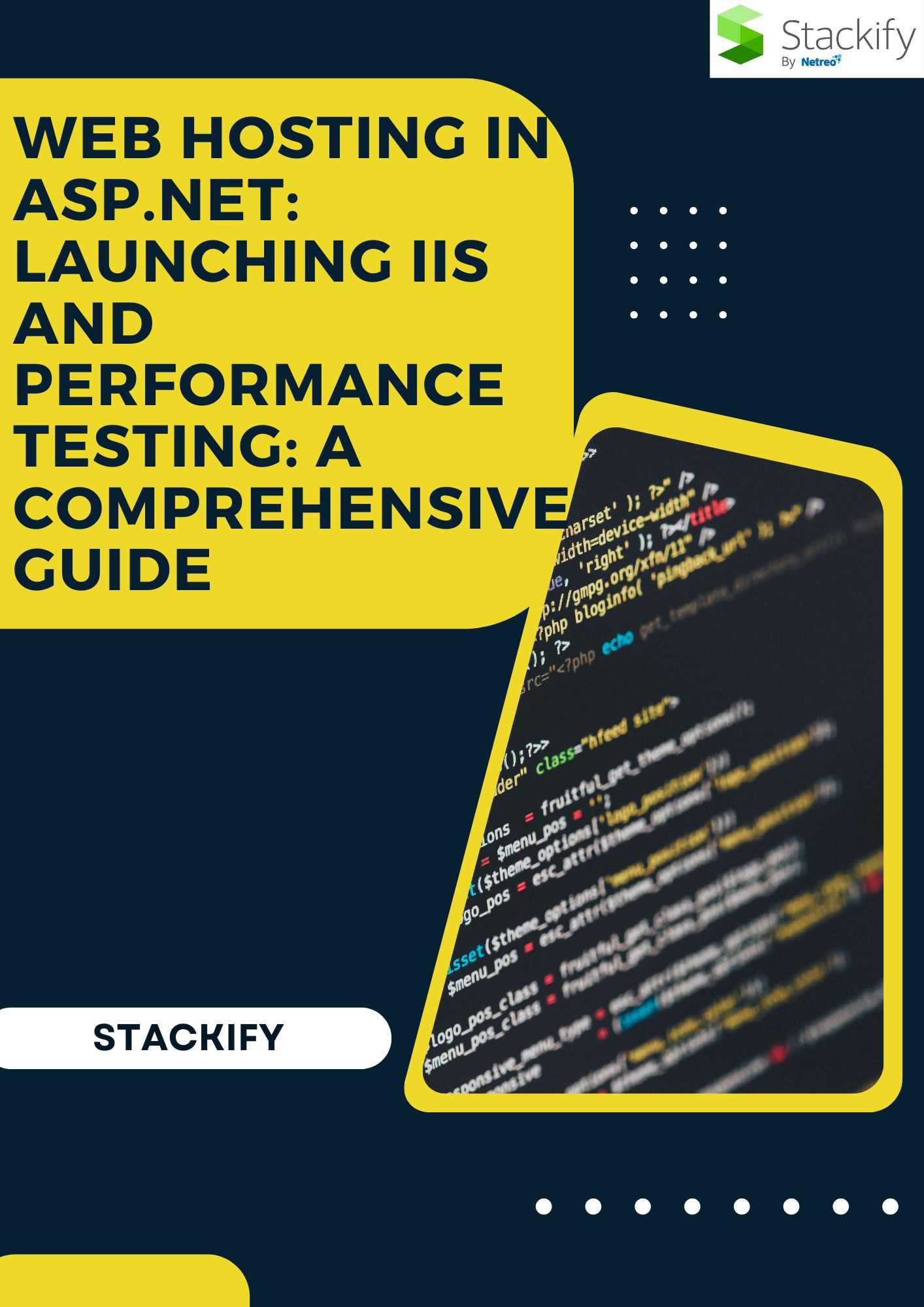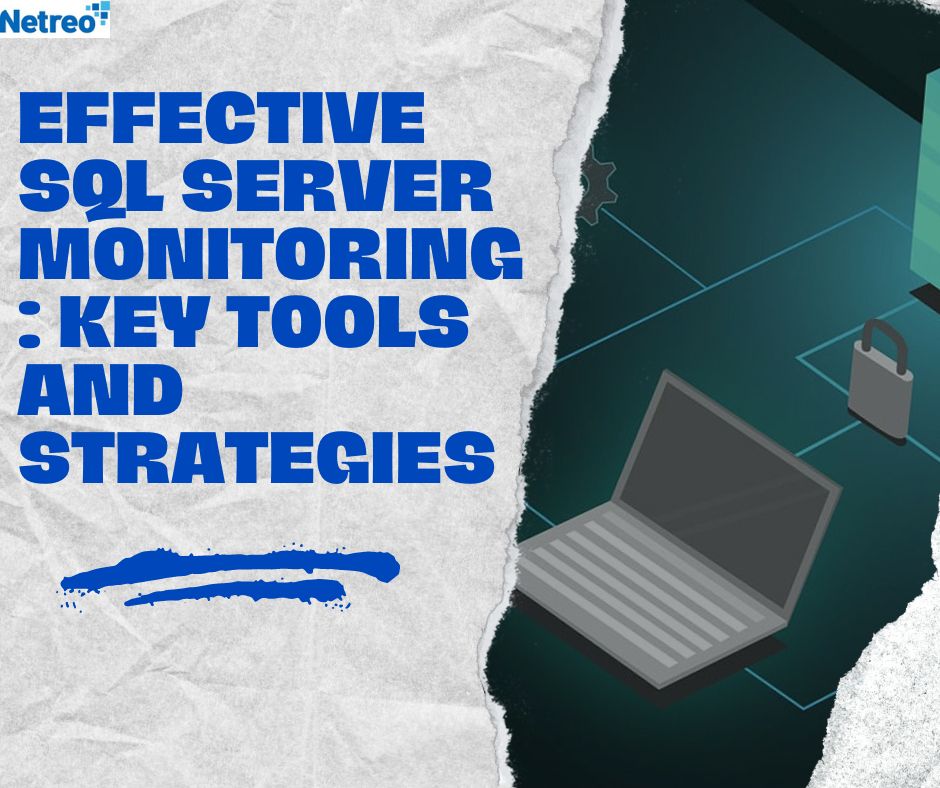In today’s fast-paced business environment, efficiently managing and tracking sales performance is crucial for success. Sales teams often face the challenge of accurately generating quotes, managing customer information, and analyzing sales data. This is where quoting software comes into play. By leveraging advanced tools, businesses can streamline their quoting process, ensure accuracy, and gain valuable insights into their sales performance. This comprehensive guide will explore how to effectively use quoting software to track sales performance and enhance your overall sales strategy.
Businesses, whether small startups or large enterprises, need to adopt technology that not only simplifies their operations but also provides a competitive edge. Sales quoting software is designed to meet these needs by automating the quoting process, reducing manual errors, and providing detailed analytics. Understanding the capabilities of these tools and how they can be integrated into your sales workflow is essential for achieving optimal results.
The Basics of Quoting Software
What is Quoting Software?
Quoting software is a digital tool designed to automate the creation and management of sales quotes. It allows sales teams to quickly generate accurate quotes based on predefined pricing models, product configurations, and discount structures. This software typically integrates with other systems such as Customer Relationship Management (CRM) and Enterprise Resource Planning (ERP) to ensure seamless data flow and consistency.
Key Features of Quoting Software
Quoting software comes with a variety of features that enhance its functionality and usability. Some of the key features include:
- Automated Quote Generation: Quickly generate quotes based on predefined templates and pricing rules.
- Integration Capabilities: Seamlessly integrate with CRM and ERP systems to access customer data and pricing information.
- Customization: Tailor quotes to meet specific customer requirements and branding guidelines.
- Analytics and Reporting: Track quote status, conversion rates, and other key performance indicators (KPIs).
- Approval Workflows: Set up approval processes to ensure quotes meet company standards before being sent to customers.
Benefits of Using Quoting Software
Adopting quoting software offers numerous benefits, including:
- Increased Efficiency: Automates repetitive tasks, reducing the time needed to create and manage quotes.
- Improved Accuracy: Minimizes human errors by using predefined rules and templates.
- Enhanced Customer Experience: Provides customers with accurate and professional quotes quickly.
- Better Data Management: Centralizes quote data, making it easier to track and analyze sales performance.
- Scalability: Supports growing business needs by handling increasing quote volumes effortlessly.
Integrating Quoting Software into Your Sales Process
Assessing Your Current Sales Process
Before integrating quoting software, it’s essential to evaluate your existing sales process. Identify areas where inefficiencies and errors occur, and determine how quoting software can address these issues. This assessment will help you choose the right software and ensure a smooth integration.
Choosing the Right Quoting Software
Selecting the right quoting software involves considering several factors:
- Compatibility: Ensure the software integrates well with your existing CRM and ERP systems.
- Ease of Use: Choose software that is user-friendly and requires minimal training.
- Customization Options: Look for software that allows for customization to fit your specific business needs.
- Cost: Consider the cost of the software and ensure it fits within your budget.
- Support and Training: Opt for a provider that offers robust customer support and training resources.
Implementing Quoting Software
Once you’ve selected the right quoting software, the next step is implementation. This involves:
- Data Migration: Importing existing customer and pricing data into the new system.
- Training: Providing training sessions for your sales team to ensure they are comfortable using the new software.
- Testing: Conducting tests to identify and resolve any issues before full deployment.
- Rollout: Gradually rolling out the software across your sales team to ensure a smooth transition.
Tracking Sales Performance with Quoting Software
Setting Up Key Performance Indicators (KPIs)
To effectively track sales performance using quoting software, it’s crucial to set up relevant KPIs. These indicators help measure the success of your sales efforts and identify areas for improvement. Common KPIs include:
- Quote Conversion Rate: The percentage of quotes that convert into sales.
- Average Quote Value: The average value of quotes generated.
- Quote Turnaround Time: The time taken to create and send a quote.
- Sales Cycle Length: The time taken to convert a quote into a sale.
Utilizing Analytics and Reporting Tools
Quoting software often includes built-in analytics and reporting tools that provide valuable insights into your sales performance. Use these tools to:
- Monitor Quote Status: Track the status of each quote, from creation to conversion.
- Analyze Trends: Identify trends in quote generation and conversion rates.
- Measure Team Performance: Evaluate the performance of individual sales representatives.
- Identify Bottlenecks: Pinpoint stages in the quoting process where delays occur and address them.
Optimizing the Quoting Process
Regularly reviewing and optimizing your quoting process is essential for maintaining efficiency and accuracy. Use the insights gained from your analytics to:
- Refine Pricing Models: Adjust pricing models based on customer feedback and market trends.
- Improve Templates: Update quote templates to better meet customer needs and branding guidelines.
- Enhance Training: Provide ongoing training to your sales team to keep them updated on best practices and new features.
- Streamline Approval Workflows: Simplify approval processes to reduce delays and improve turnaround times.
Best Practices for Using Quoting Software
Maintain Data Accuracy
Ensure that the data used by your quoting software is accurate and up-to-date. Regularly review and update pricing information, customer details, and product configurations to maintain data integrity.
Encourage Team Collaboration
Promote collaboration among your sales team by using quoting software features such as shared templates and centralized data repositories. This fosters a more cohesive approach to quoting and improves overall team performance.
Leverage Automation
Take full advantage of the automation capabilities of your quoting software. Automate routine tasks such as quote generation, approval workflows, and data entry to free up your sales team’s time for more strategic activities.
Monitor Software Performance
Regularly monitor the performance of your quoting software to ensure it meets your business needs. Stay updated with software updates and new features to leverage the full potential of the tool.
Overcoming Challenges with Quoting Software
Addressing Integration Issues
Integrating quoting software with existing systems can sometimes pose challenges. To overcome these issues, work closely with your software provider to ensure seamless integration. Test the integration thoroughly and address any compatibility issues promptly.
Managing Change Resistance
Introducing new software can sometimes meet resistance from your sales team. To manage this, involve your team in the selection and implementation process, provide comprehensive training, and highlight the benefits of the new tool.
Ensuring Data Security
With the increasing importance of data security, it’s essential to ensure that your quoting software complies with data protection regulations. Choose a provider that offers robust security features and regularly updates their software to protect against potential threats.
Future Trends in Quoting Software
Artificial Intelligence and Machine Learning
The future of quoting software is likely to be shaped by advancements in artificial intelligence (AI) and machine learning (ML). These technologies can enhance the accuracy and efficiency of quote generation by analyzing historical data and predicting customer behavior.
Integration with Emerging Technologies
Quoting software will increasingly integrate with emerging technologies such as the Internet of Things (IoT) and blockchain. These integrations can provide more comprehensive data and improve the accuracy of quotes.
Enhanced Customization
As businesses seek to differentiate themselves in a competitive market, the demand for highly customizable quoting software will grow. Future tools will offer greater flexibility in terms of customization, allowing businesses to tailor quotes to their unique needs.
Conclusion
Using quoting software to track sales performance is a strategic move that can significantly enhance your sales operations. By automating the quoting process, improving accuracy, and providing valuable insights, quoting software enables businesses to make informed decisions and optimize their sales strategy. To fully leverage the benefits of quoting software, it’s essential to choose the right tool, integrate it effectively into your sales process, and continuously monitor and optimize its performance. Embrace the future of quoting software and stay ahead of the competition by adopting advanced tools that drive efficiency and growth.



